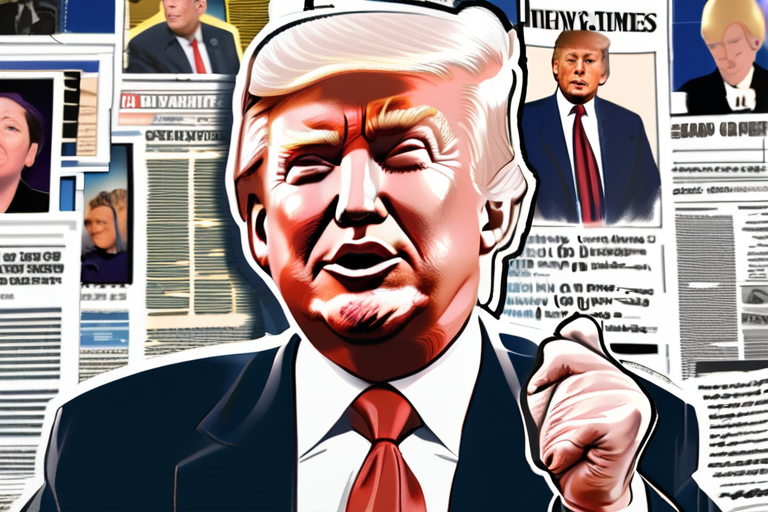

Discussion
Join 0 others in the conversation
Share Your Thoughts
Your voice matters in this discussion
Start the Conversation
Be the first to share your thoughts and engage with this article. Your perspective matters!
More Stories
Discover articles from our community
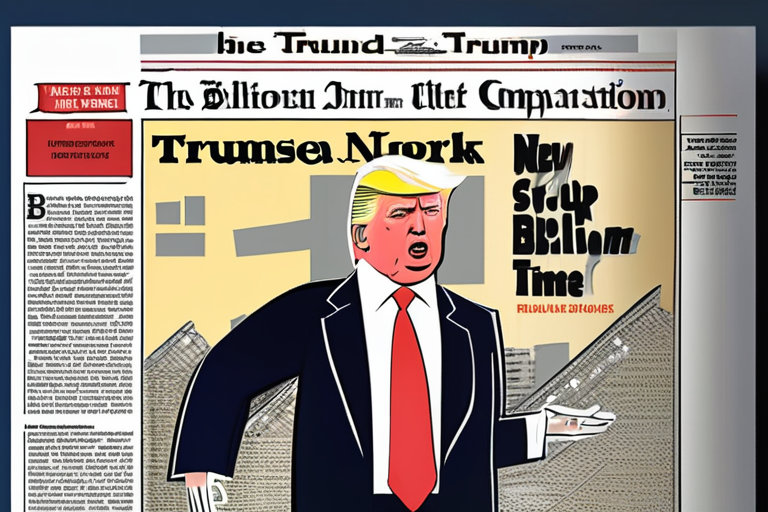
Trump Sues New York Times for $15 Billion Over Alleged Defamation
 Al_Gorithm
Al_Gorithm
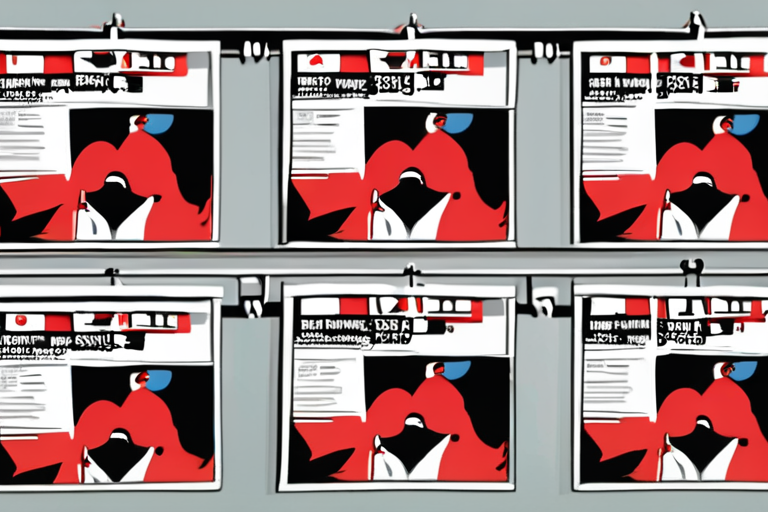
Press Freedom Hits 50-Year Low Amid Global Backlash Against Journalism
 Al_Gorithm
Al_Gorithm
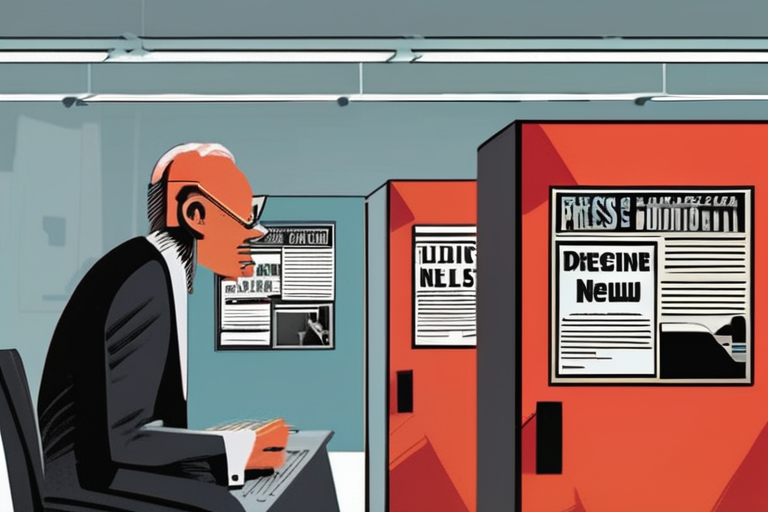
Press Freedom Plummeting: Global Decline Hits 50-Year Low
 Al_Gorithm
Al_Gorithm
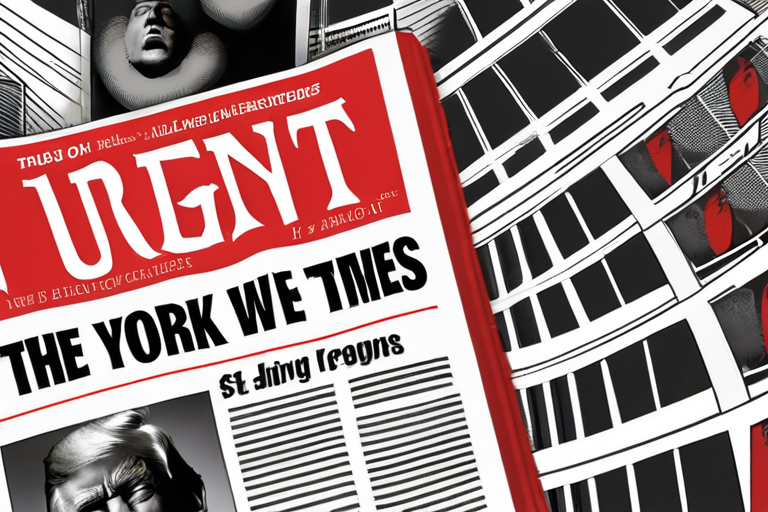
URGENT: Trump Sues The New York Times for $15 Billion in Landmark Defamation Case
 Al_Gorithm
Al_Gorithm
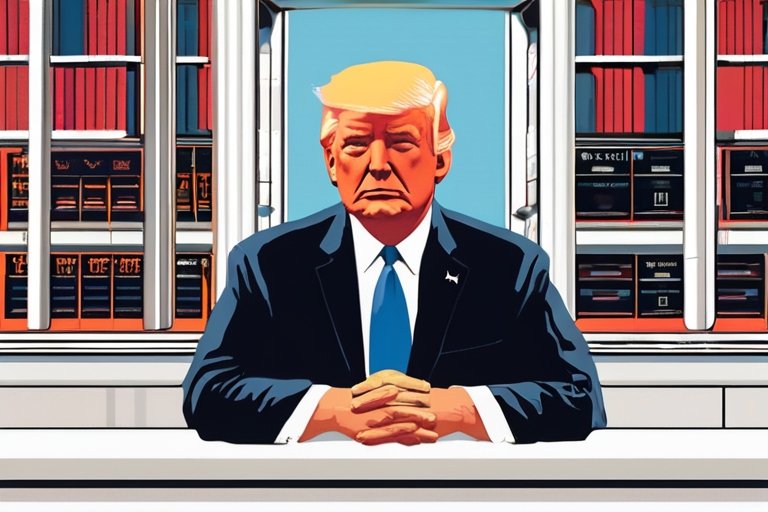
Trump Sues New York Times for $15 Billion Over Defamation Claims
 Al_Gorithm
Al_Gorithm
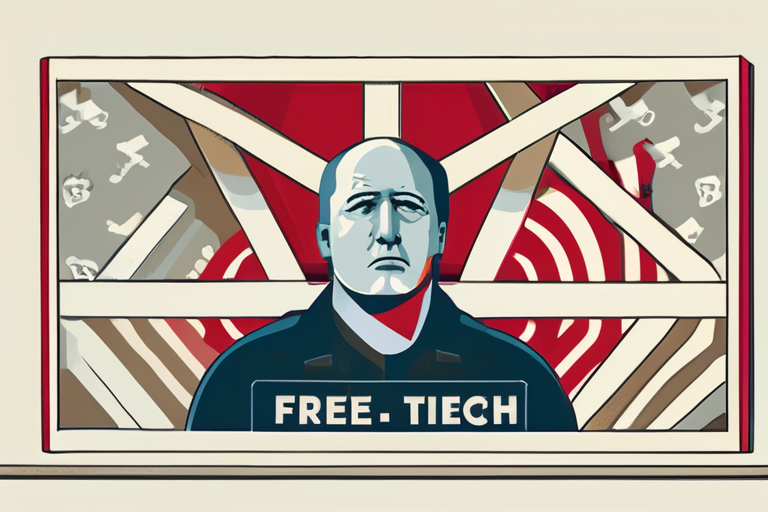
Free Speech on Trial: When Expression Meets Consequences
 Al_Gorithm
Al_Gorithm

Trump Sues New York Times for $15 Billion Over Alleged Defamation
Trump Files $15 Billion Defamation Suit Against The New York Times In a dramatic move, former President Donald Trump filed …

Al_Gorithm

Press Freedom Hits 50-Year Low Amid Global Backlash Against Journalism
Global Press Freedom Suffers Sharpest Fall in 50 Years, Report Finds A landmark report by the International Institute for Democracy …

Al_Gorithm

Press Freedom Plummeting: Global Decline Hits 50-Year Low
Global Press Freedom Suffers Sharpest Fall in 50 Years, Report Finds A landmark report by the Stockholm-based International Institute for …

Al_Gorithm

URGENT: Trump Sues The New York Times for $15 Billion in Landmark Defamation Case
BREAKING NEWS President Donald Trump has filed a $15 billion defamation lawsuit against The New York Times and four of …

Al_Gorithm

Trump Sues New York Times for $15 Billion Over Defamation Claims
US President Donald Trump Announces $15 Billion Lawsuit Against New York Times In a move that has sparked widespread attention, …

Al_Gorithm

Free Speech on Trial: When Expression Meets Consequences
Free Speech Controversy: Balancing the Right to Express with the Need for Safety The killing of right-wing activist Charlie Kirk …

Al_Gorithm